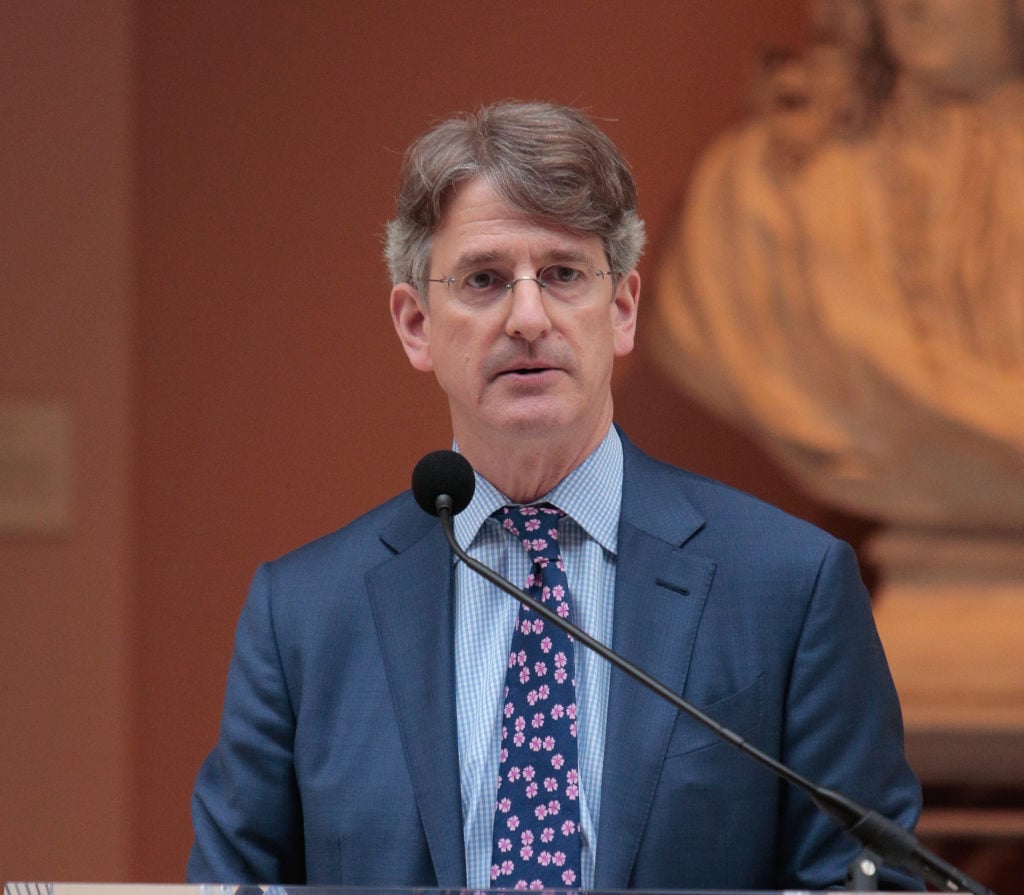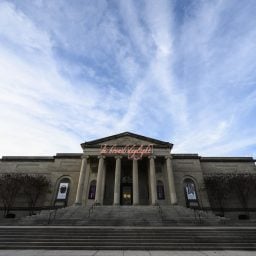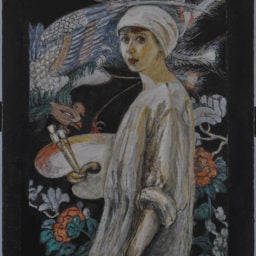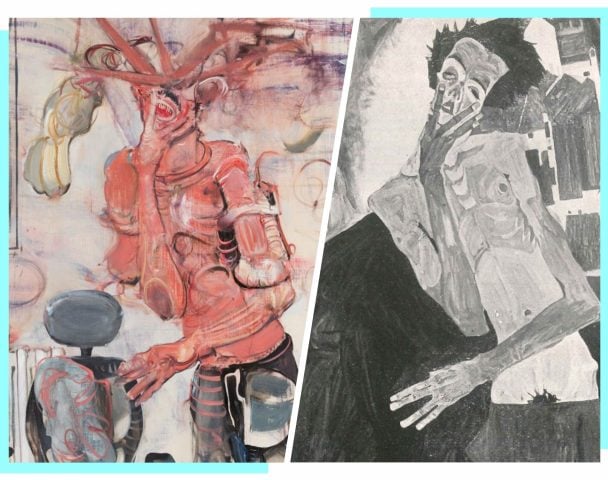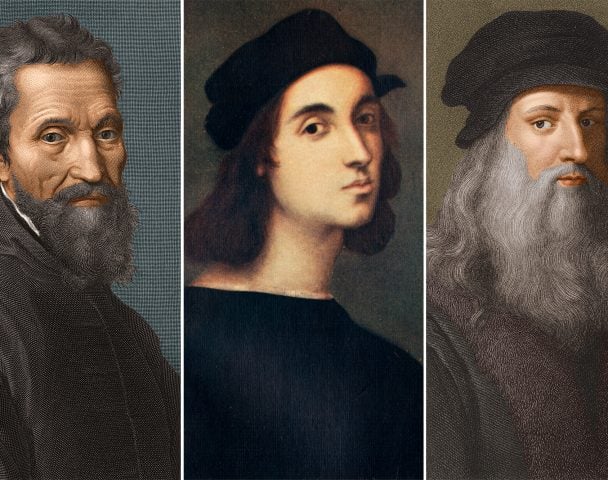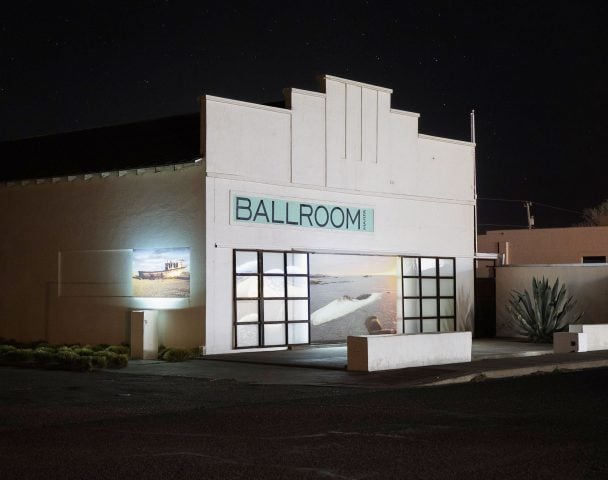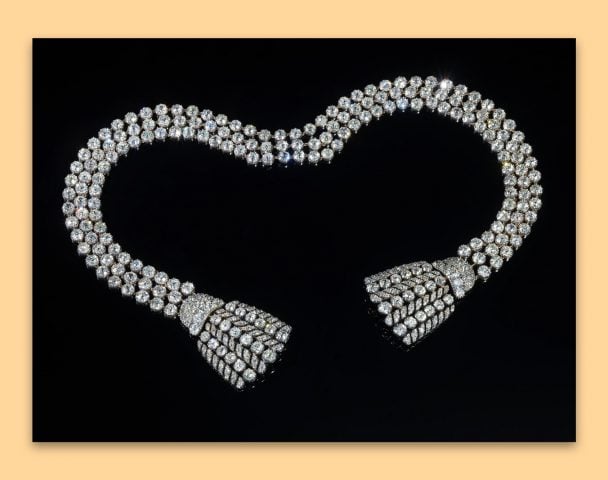Art Industry News is a daily digest of the most consequential developments coming out of the art world and art market. Here’s what you need to know on this Monday, February 8.
NEED-TO-READ
Mwazulu Diyabanza Eyes the British Museum as His Next Target – While museums are closed, the Congolese activist, who made headlines last year for his actions at museums across Europe, has been planning his next move. He tells the Guardian that he intends to take on smaller galleries, private collections, and auction houses as part of his ongoing campaign to raise awareness of restitution. He has also set his sights on the British Museum once it reopens. “It contains some chef d’oeuvres that are very symbolic,” he says. (Guardian)
French Art Press Pen Open Letter to Macron – Members from the French art press have penned a letter asking President Emmanuel Macron to expedite the reopening of museums. In the wake of a similar missive from French art leaders, they emphasize the benefit open cultural venues could have for “children who are currently on vacation or will be able to meet works of art other than on a screen.” They ask the government to consider following the example of Spain and Italy, which have allowed institutions to open during the week for limited hours. (The Art Newspaper France)
Former Met Director Likens Deaccessioning to “Crack Cocaine to an Addict” – Thomas P. Campbell, the former director of the Metropolitan Museum of Art and current director of the Fine Arts Museums of San Francisco, was among those concerned by the news that the New York museum is considering selling off works from its collection to address the financial shortfall created by the pandemic. “While I know as well as anyone the complexity of running that behemoth… I fear that this is a slippery path,” he wrote on Instagram. “The danger is that deaccessioning for operating costs will become the norm, especially if leading museums like the Met follow suit. Deaccessioning will be like crack cocaine to the addict—a rapid hit, that becomes a dependency. I fear that the consequences could be highly destructive.” (Instagram)
Germany Proposes Law to Ease Foundation Returns of Looted Art – The German government has approved a change to the law that governs restitution from private foundations. The new law aims make restitution easier for heirs of Jewish collectors who had property looted, lost, or sold under duress due to persecution by the Nazis. It also creates a more unified system of rules across the nation’s 16 states. (The Art Newspaper)
ART MARKET
Edvard Munch Treasures Hit the Block – Two works by Edvard Munch that the Nazis classified as degenerate before selling them for profit will be offered at Sotheby’s London on March 25. A self-portrait painted in 1926 is expected to fetch between £4.5 million and £6.5 million, while Embrace on the Beach is expected to sell for between £9 million and £12 million. (Guardian)
Watch Out for Florine Stettheimer Fakes – Paintings by the celebrated modernist seldom go to market—but five works by Stettheimer popped up at galleries and auction houses in 2020. Turns out, it was too good to be true: only two remain attributed to Stettheimer. Two others were removed from the marketplace on suspicion they were fake, and one was misattributed. (New York Times)
COMINGS & GOINGS
Leading Detroit Artist Charles McGee Dies – The celebrated artist, whose work spanned painting, sculpture, assemblage, and drawing, has died at 96. He organized a landmark show in 1969 called “Seven Black Artists,” the first all-Black group show at the Detroit Artists Market, and went on to found an art school for children and a collaborative exhibition space, Gallery 7. (Detroit Free Press)
A Museum of African American Music Opens in Nashville – After 22 years of planning and $60 million, the National Museum of African American Music in Nashville opened to the public on Saturday, February 6. The museum has six interactive areas that explore 50 genres of music. (New York Times)
FOR ART’S SAKE
Artist and Museum Clash Over Newly Discovered Sculpture – A stone figure found by walkers on a beach in western Canada last summer has ignited a debate between experts at the Royal British Columbia Museum, who say it is an artifact of the Lekwungen people, and artist Ray Boudreau, who says he made it three years ago. The 100-kilogram oblong pillar currently sits in a tank of fresh water so that Elders and museum staff can examine it. (Guardian)
Black Lives Matter Plaza Art Finds a Permanent Home – Plywood paintings and other art that acted as shields over windows in and around Black Lives Matter Plaza in Washington, DC, for the past six months have found a permanent home. They now occupy a vacant storefront, formerly the site of an Aveda Institute training facility, in downtown DC. They will serve as the centerpiece of a new partnership between real-estate giant Oxford Properties and the community nonprofit PAINTS. (Washington Post)
